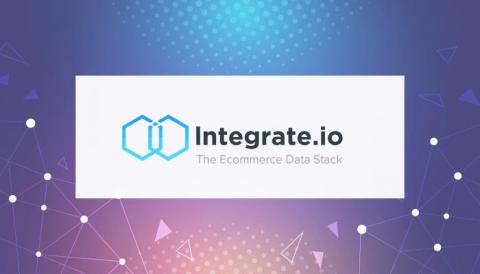Research vs Analysis: What's the Difference and Why It Matters
When it comes to data-driven business decisions, research and analysis are often used interchangeably. However, these terms are not synonymous, and understanding the difference between them is crucial for making informed decisions.










